Biden won’t change hostile Iran policy in place since 1979: Analyst
The United States has been pursuing a hostile policy toward Iran since the Islamic Revolution of 1979 and the administration of President Joe Biden is unlikely to change that approach, says an American author and political commentator.
The United States has been locked in a standoff with Iran over the fate of the historic 2015 nuclear agreement, from which it unilaterally withdrew under former president Donald Trump. Trump also reimposed the sanctions that were lifted by the deal and unleashed what his team called a “maximum pressure campaign” with the stated objective of forcing Iran to negotiate “a better agreement.”
Trump’s successor, Biden, has expressed a willingness to return to the nuclear accord, formally called the Joint Comprehensive Plan of Action (JCPOA). However, his administration is demanding to see changes from Tehran before Washington would consider lifting the sanctions. Iranian officials insist that as the party that has abandoned its international obligations, the US should take the first step by removing the unlawful bans in a manner that could be verifiable by Tehran.
Foreign Minister Mohammad Javad Zarif has said that despite the shift in rhetoric, the Biden administration has essentially maintained the maximum pressure policy of the Trump team. “It has been a month now that the Biden administration has been continuing Trump’s ‘maximum pressure’ policy of lawlessness, one-upmanship, and bullying,” he said on Wednesday.
“Now Mr. Zarif knows full well that this is not just a continuation of Trump (and Pompeo's policy) but a continuation of Reagan, Carter, Clinton, Bush, Obama AND Trump's policy,” John Steppling told Press TV in an emailed interview. “Not much has changed, really, since the revolution. There was cosmetic reshuffling of memes and optics, but little of substance has changed. The embargo began in 1995.”
In a move that US officials framed as a significant step toward reviving diplomacy with Iran, the Biden administration on Thursday appeared to be backing away from a Trump administration effort to restore international sanctions on Iran.
Acting US Ambassador Richard Mills told the UN Security Council on Thursday that the United States was withdrawing a Trump administration assertion that all UN sanctions had been reimposed on Iran in September.
However, the move was largely symbolic as the Islamic Republic, along with the European signatories and the UN secretary general, had already dismissed the Trump administration’s claim as unfounded, arguing that the United States was in no position to invoke a provision in the 2015 Security Council resolution endorsing the JCPOA that allowed the “snapback” of sanctions because it was no longer a party to the multilateral agreement.
Foreign Minister Zarif urged the Biden administration on Friday to match its words with action and unconditionally lift all the sanctions imposed by the Trump team. “US unconditionally & effectively lift all sanctions imposed, re-imposed or re-labeled by Trump,” he said in a tweet. “We will then immediately reverse all remedial measures.”
Leader of the Islamic Revolution Ayatollah Seyyed Ali Khamenei has asserted that the Islamic Republic would only return to its commitments in the nuclear deal once the illegal sanctions were removed.
Following the US withdrawal in May 2018, Iran waited for an entire year for the European signatories to the JCPOA to hold up their end of their bargain and secure Iranian business interests guaranteed by the deal in the face of US sanctions. However, as the Europeans failed to deliver under US pressure, Tehran began to scale back its commitments in several phases in retaliation.
The White House said on Friday that the administration would take to additional actions before negotiations with Iran and world powers about a possible US return to the nuclear agreement. “There is no plan to take additional steps” in advance of having a “diplomatic conversation,” White House spokeswoman Jen Psaki told reporters.
“What does the US hope to get out such policy? I think the answer is that they don't really know. They simply know that Iran is 'uncooperative.' And any country who dares to disobey American diktats will be disciplined,” Steppling said. “Iran is not going all along with the program the way KSA or the UAE is, or the NATO countries.”
He said Iranian leaders know that the Biden administration will not simply change the hostile policy toward Iran that has been in place since the Islamic Revolution, which overthrew the US-backed Pahlavi monarchy in the country.
Since 1979, Steppling said, the United States has engaged in a treacherous propaganda campaign to blame Iran for “the worsening of relations.”
“This is very typical of how propaganda works. Decontextualize facts. Omit key elements, and erase history,” he noted. “It’s funny how Iran is blamed for human rights abuses but Saudi Arabia and Israel are not. Or the US itself. The real reason is buried in there, however; Iran's growing influence. What is not listed is how the US fears any regional power, and by extension how Israel fears it.”
Steppling noted that that the United States and its allies have been recalibrating their policy in the Middle East to fit in more broadly with their imperialist agenda in the 21st century, adding that Iran stood in the way of that agenda.
“Iran will be on the side of Russia, of course. And this scares the US,” he explained. “Iran is closer to Africa, geographically, and that’s dangerous because Africa is the big jewel in the 21st century Colonial crown.”
“It’s really a new scramble for Africa. They have more minerals and resources than any other place on earth. Africa in many ways is the future,” he concluded.
Iran vows ‘harsh response’ to any aggression
Russia warns of response to Ukrainian drone attack on Putin's residence
Iran sets decade-long plan to raise oilseed self-sufficiency
VIDEO | Historic monuments of India’s heritage capital crumbling under chronic neglect
China rejects Israel’s recognition of Somaliland
VIDEO | Winter deepens the suffering of displaced families in northern West Bank camps
Russia says Ukraine tried to attack Putin's residence with 91 drones
Palestine Action hunger striker Heba Muraisi losing ability to speak


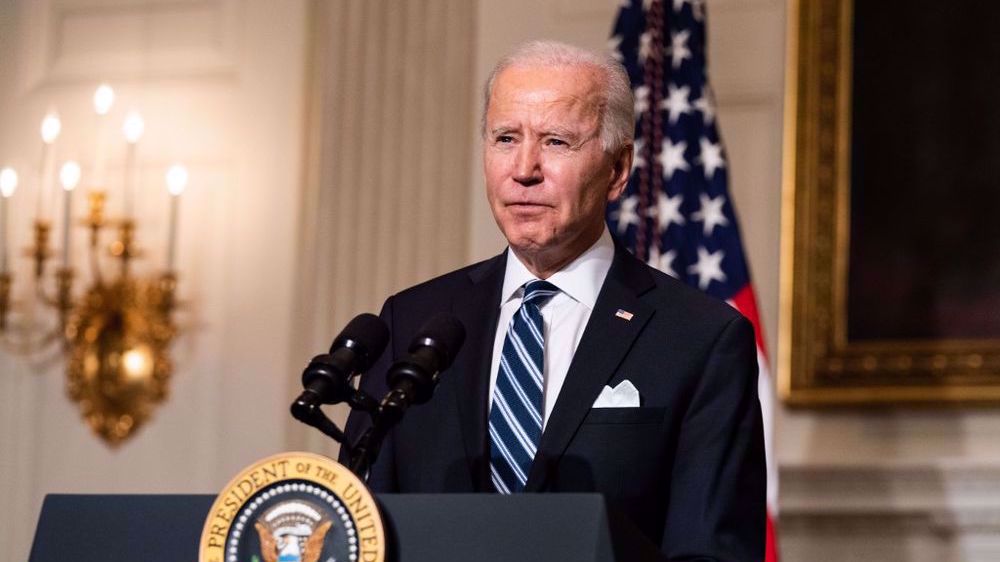








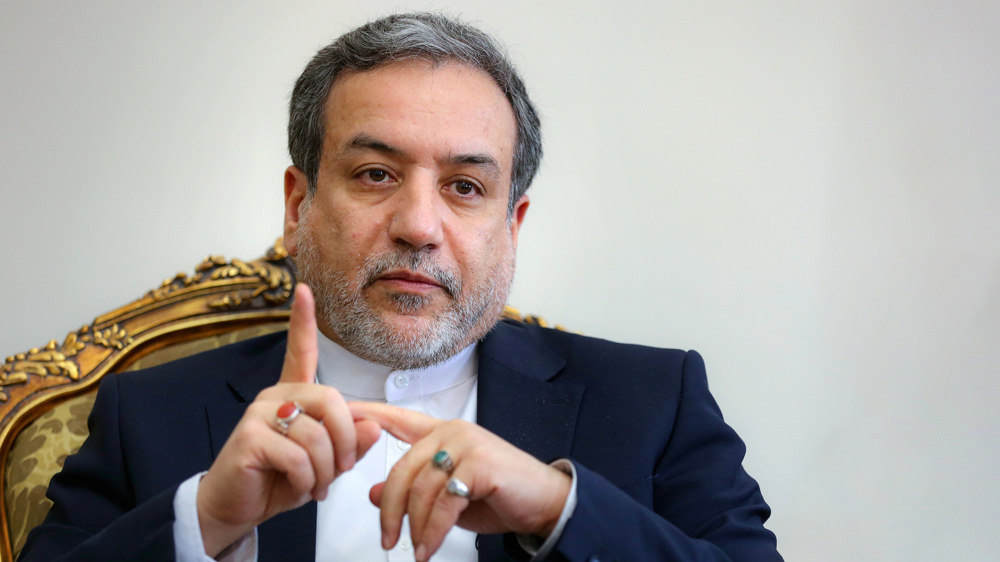
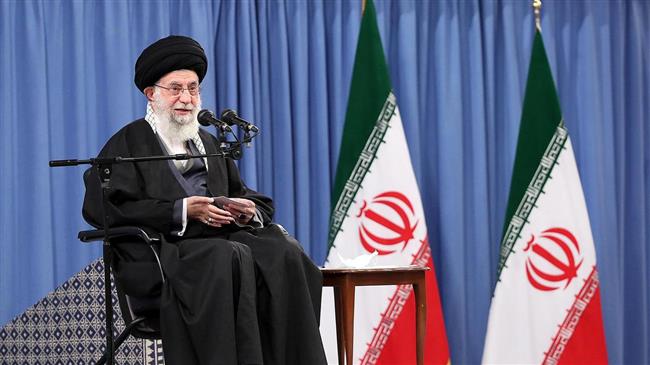
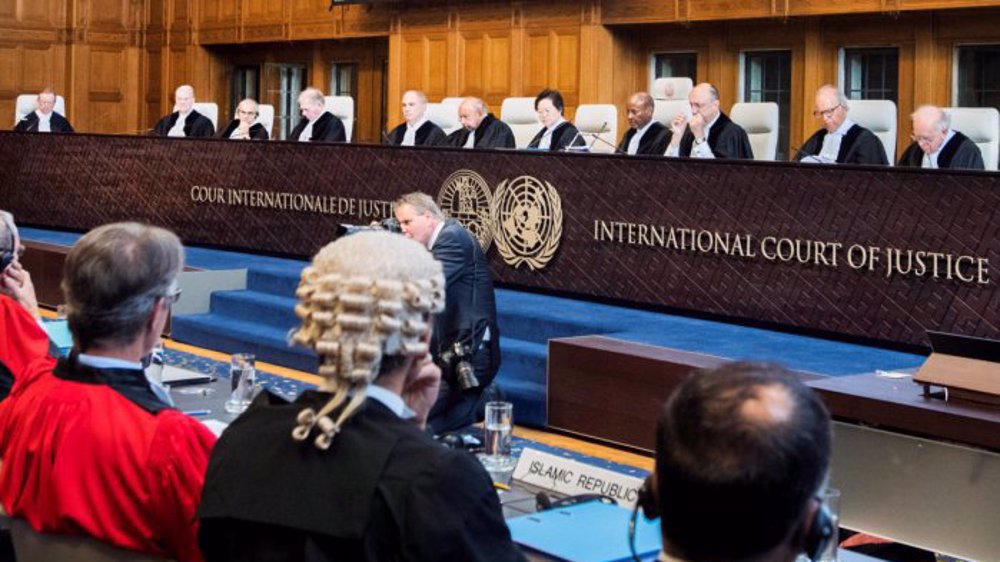
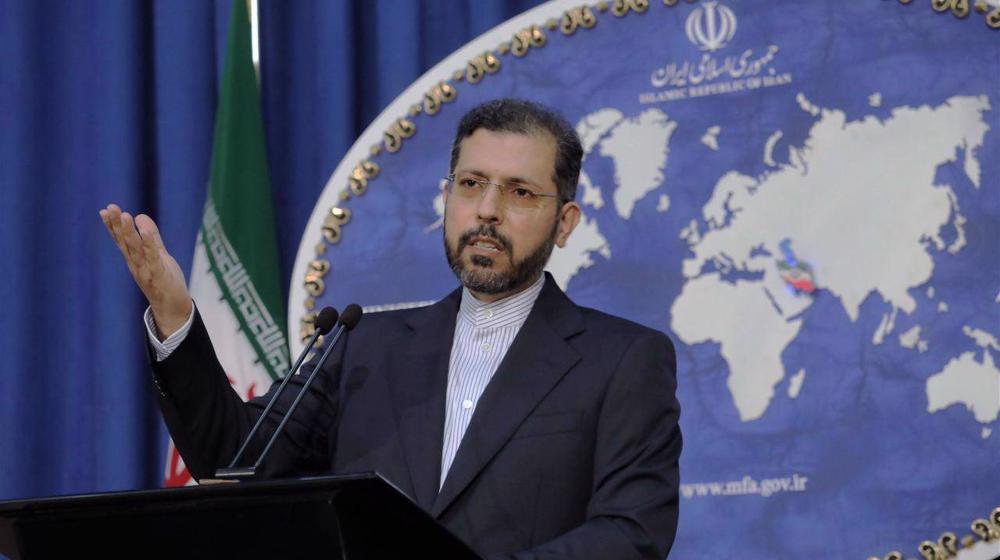
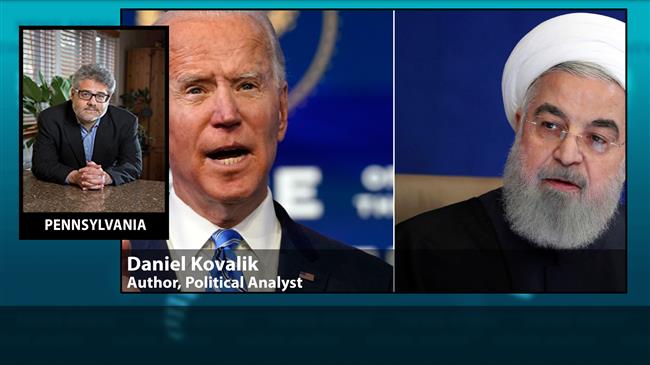
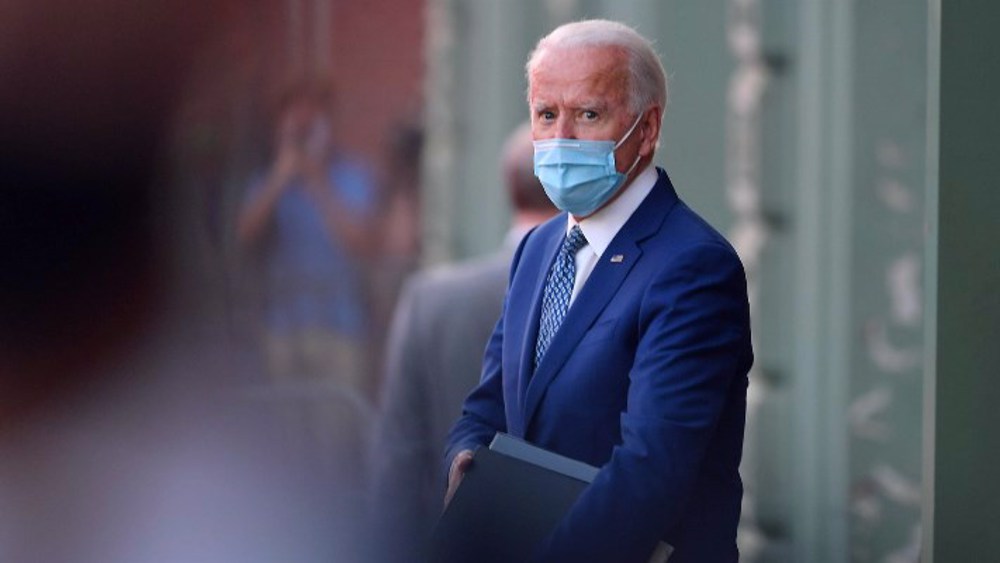

 This makes it easy to access the Press TV website
This makes it easy to access the Press TV website